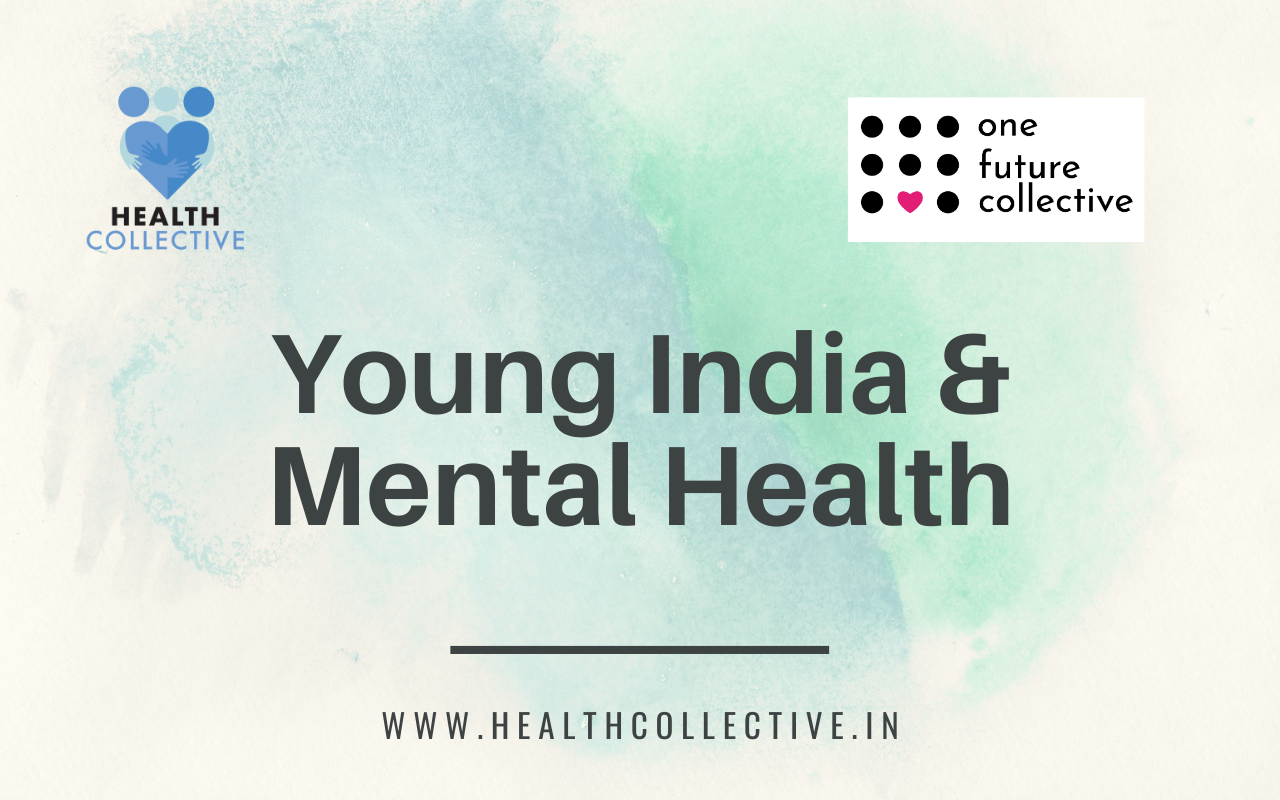Ask the Experts: Dr Thara of SCARF on Schizophrenia, Stigma and Conversations
By Amrita Tripathi
Dr R Thara of the Schizophrenia Research Foundation, India (SCARF) answers some questions on schizophrenia, common myths and misconceptions and what people should know about the disorder.
What are some of the things that have really stayed with you from your work at SCARF?
Experiences in dealing with patients and their families, their personal stories of success and failures, their tenacity in dealing with their problems.
Do you think that stigma still persists when we talk about psychosis, and about schizophrenia?
Yes, very much so. May be less than what it was 10 years ago. Even help seeking for schizophrenia is a problem. So are other issues such as marriage, jobs etc.
What are five things (or seven!) that you wish people knew about schizophrenia, whether the message is to the layperson or family and friends?
1. It is a disorder of the brain which can be worsened by stress and other environmental factors, but the basic problem is that the structure of the brain is abnormal in such people.
2. It affects 0.5- 1% of the population and cuts across socio economic and educational classes.
3. It is not caused by black magic, witchcraft or curses.
4. Aloofness, impaired concentration, poor sleep which could be seen during adolescence can be early symptoms and should be monitored closely.
5. Medicines are critical for improvement and equally important is family support, education, and psychosocial rehabilitation.
6. Marriage can never be a cure for schizophrenia.
7. Improvement and recovery are possible.
Beyond the numbers (which are likely to be under-reported?), what would an over-arching message be to those who don’t for example have family and friends with the illness so aren’t sensitised?
The message is that Schizophrenia is a disorder of the brain which can lead to behavioural, thinking and mood changes. Early detection and regular treatment as in the case of diabetes or hypertension will definitely help.
Artistic View of How the World Feels Like With Schizophrenia
By Craig Finn (schizophrenia patient) (Plos Medicine) [CC0], via Wikimedia Commons
Can you share a little bit about the SCARF initiative Mental Health Cafe: What were the conversations at the event like? What did your team want to continue doing? How important are conversations when it comes to raising awareness on mental health, but also for those who are living with various conditions and illnesses?
Mental Health Café is another first of its kind initiative of SCARF which facilitates open and intimate discussion on mental health issues. This is an open forum which happens in a restaurant and anybody interested can join this discussion over coffee. The discussion is facilitated by eminent panelists, including psychiatrists and others from various fields, depending on the theme discussed.
So far, we have conducted this event twice — with around 50 participants each time, from various backgrounds generating good discussion and highlighting different perspectives of mental health-related issues. The first one on “Dignity in Mental Health” was held on 10th October 2015 at The Amethyst Café. Several students, service users and families participated with enthusiasm and were forthcoming in airing their views.
Changing social perspectives on mental health issues through the media was the topic for the second edition which again evoked good response both in terms of number of participants and quality of discussion. The panelists in both sessions were renowned persons in their fields and were sensitive and knowledgeable about mental health, which contributed to the success of the events.
The event encourages people to come forward to discuss things openly thereby reducing stigma associated with mental health issues and demystifying mental illnesses. The sessions also helped us understand different perceptions of people about mental health issues. This will help in planning interventions to improve awareness about the same.






Pingback: Ground Report: Pune’s Schizophrenia Awareness Association Centre – The Health Collective